Architect Matteo Thun reinvents low cost travel with two offerings in Europe
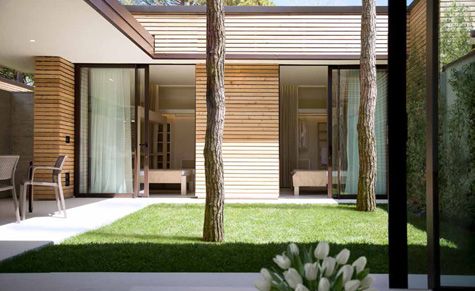
Most architects like to wax on about the scale, shine and price tag of their latest projects, but Italian architect Matteo Thun is taking a different tune, relishing in the non-wow-factor of his two latest projects: a camping site in Venice’s Marina di Venezia and a winery in Germany’s Moselle Valley, both of which were built with limited resources and offer low-budget travel accommodations.
'Both are simple and cheap—the kind of things that don’t get published in magazines,' explains the Bolzano-born, down-to-earth Thun. 'They are the opposite of ‘wow’.'
And yet, they still manage to intrigue with their pared-down, elegant design and their reliance on local building materials, a hallmark of Thun’s sustainable architecture approach. The ‘camping’ site, where 32 small bungalows built from wood-cement blocks and larchwood cladding replace traditional camp tents, was conceived to both benefit from and save the area's natural pine tree grove. By building the patio houses within and around the trees, guests enjoy natural shade and a private outdoor experience while sleeping in the comfort of a two bedroom, one bath home.
Preserving the natural surroundings was also essential at the Wine Heritage Longen Schloder, where Thun designed twenty 20-square meter houses built from local stone within an existing orchard of apple, walnut, lime and chestnut trees that stretched across the winery and its restaurant’s property. Each lodge features a small wooden terrace and private garden.
The spaces at both locations are compact and frill-free, with the opulence coming only from the natural setting. But they are clean, harmonious and, best of all, affordable. A camping house rental starts from €67.30 per night and the winery's lodges start from €70 per night. As such, they fit neatly within a newly brewing mood in design.
'There’s a stand-by attitude in architecture right now,' says Thun, who has worked as a successful architect, furniture and industrial designer for over three decades. 'Everyone is talking about saving money, about not building right now. But these explain how you can do good quality cheaply. Quality doesn’t mean spending a lot of money.'
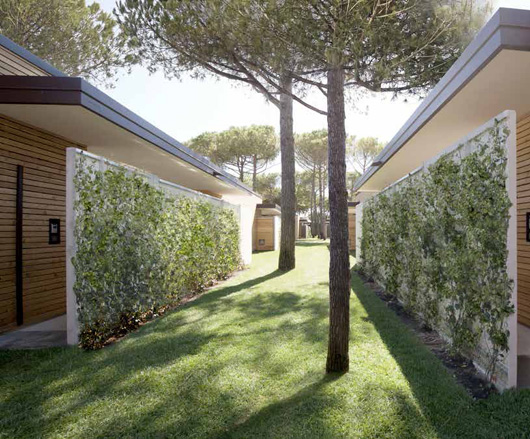
The ‘camping’ site at Venice’s Marina di Venezia comprises 32 small bungalows built from wood-cement blocks and larchwood cladding and was conceived to both benefit from and save the area's natural pine tree grove
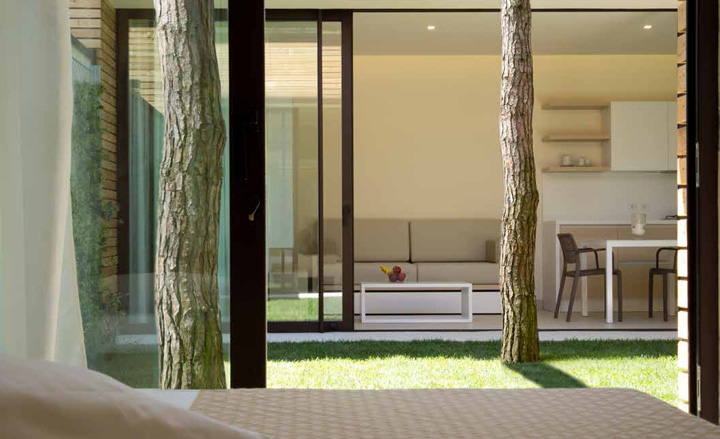
By building the patio houses within and around the trees, guests enjoy natural shade and a private outdoor experience while sleeping in the comfort of a two-bedroom, one-bath home
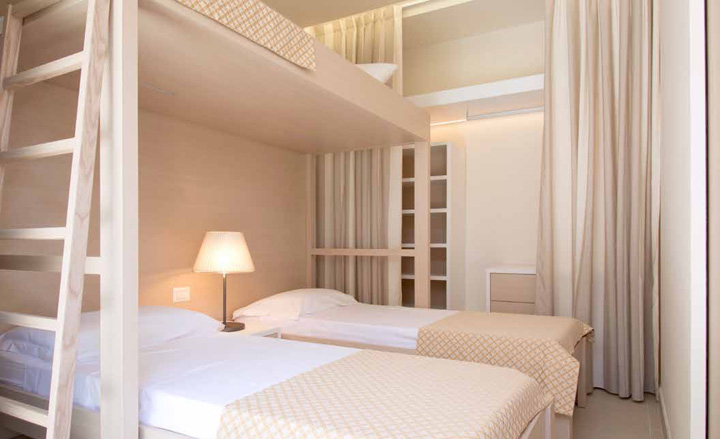
The houses still manage to intrigue with their pared-down, elegant design and their reliance on local building materials, a hallmark of Thun’s sustainable architecture approach
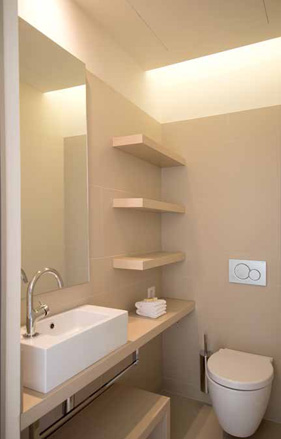
A camping house rental starts from €67.30 per night
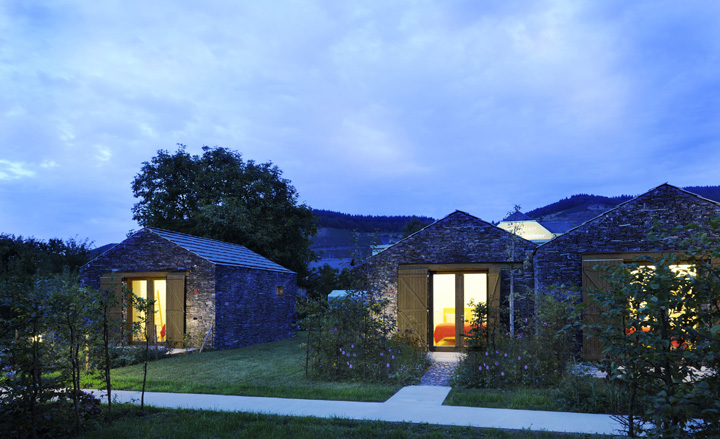
Preserving the natural surroundings was also essential at the Wine Heritage Longen Schloder, where Thun designed twenty 20-square meter houses built from local stone within an existing orchard of apple, walnut, lime and chestnut trees
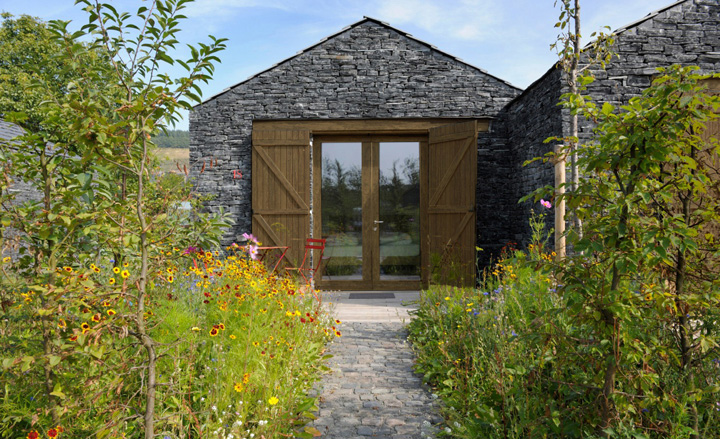
Each lodge features a small wooden terrace and private garden. Prices start from €70 per night
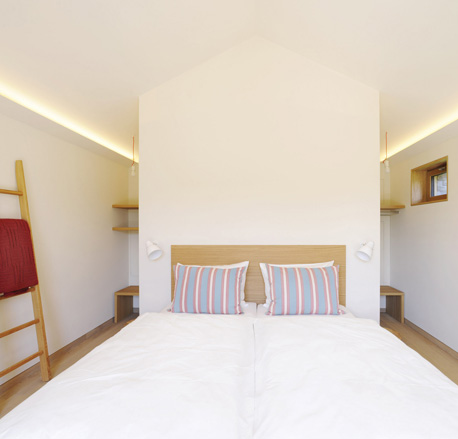
Like at the camping site, the lodges are compact and frill-free, with the opulence coming only from the natural setting. The interiors are clean, harmonious and, best of all, affordable
Wallpaper* Newsletter
Receive our daily digest of inspiration, escapism and design stories from around the world direct to your inbox.
JJ Martin
-
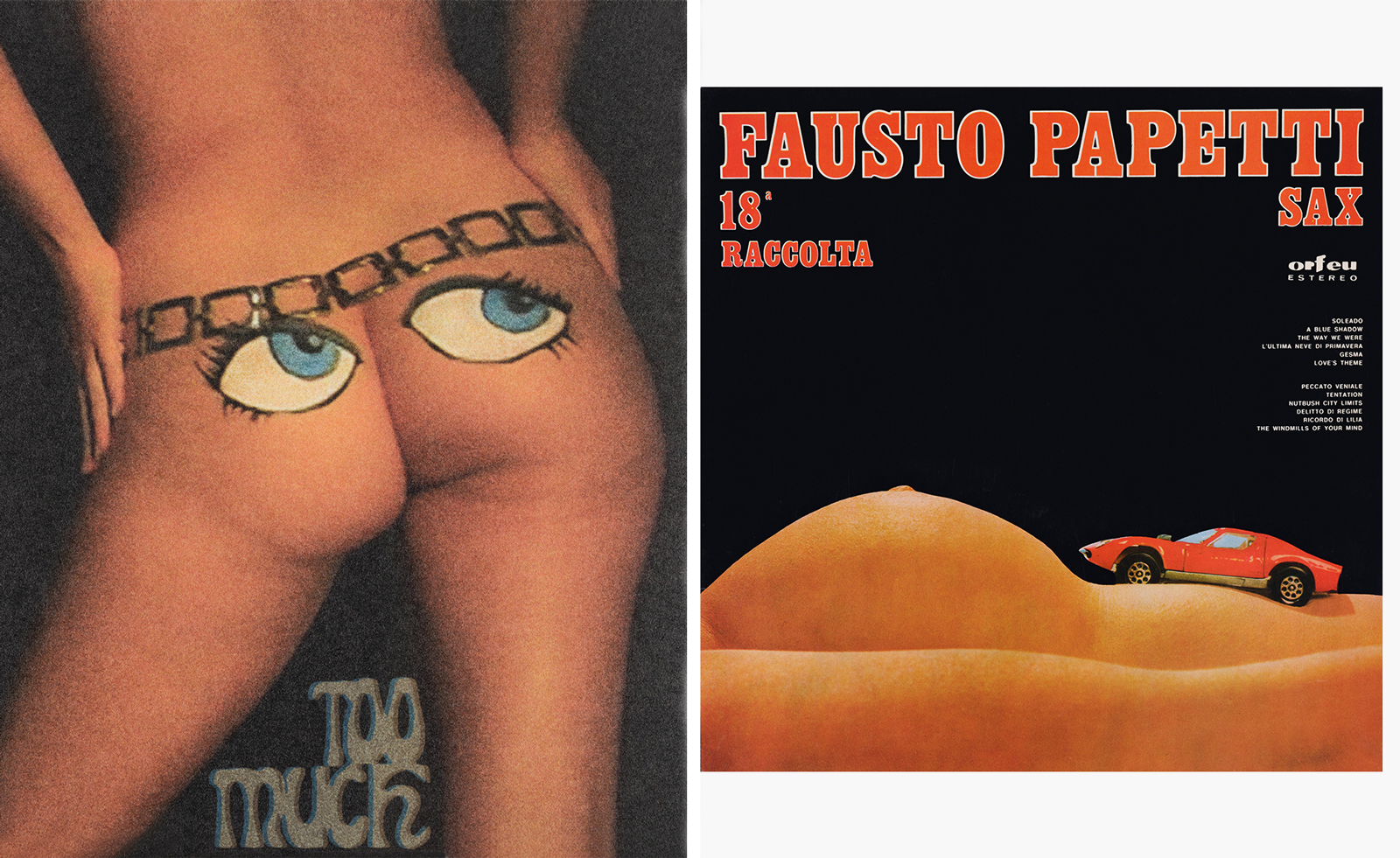 Taschen’s sexy record covers are hitting all the right notes
Taschen’s sexy record covers are hitting all the right notesTaschen has been through 50 years of album art for its latest tome, ‘Sexy Record Covers’
By Hannah Silver
-
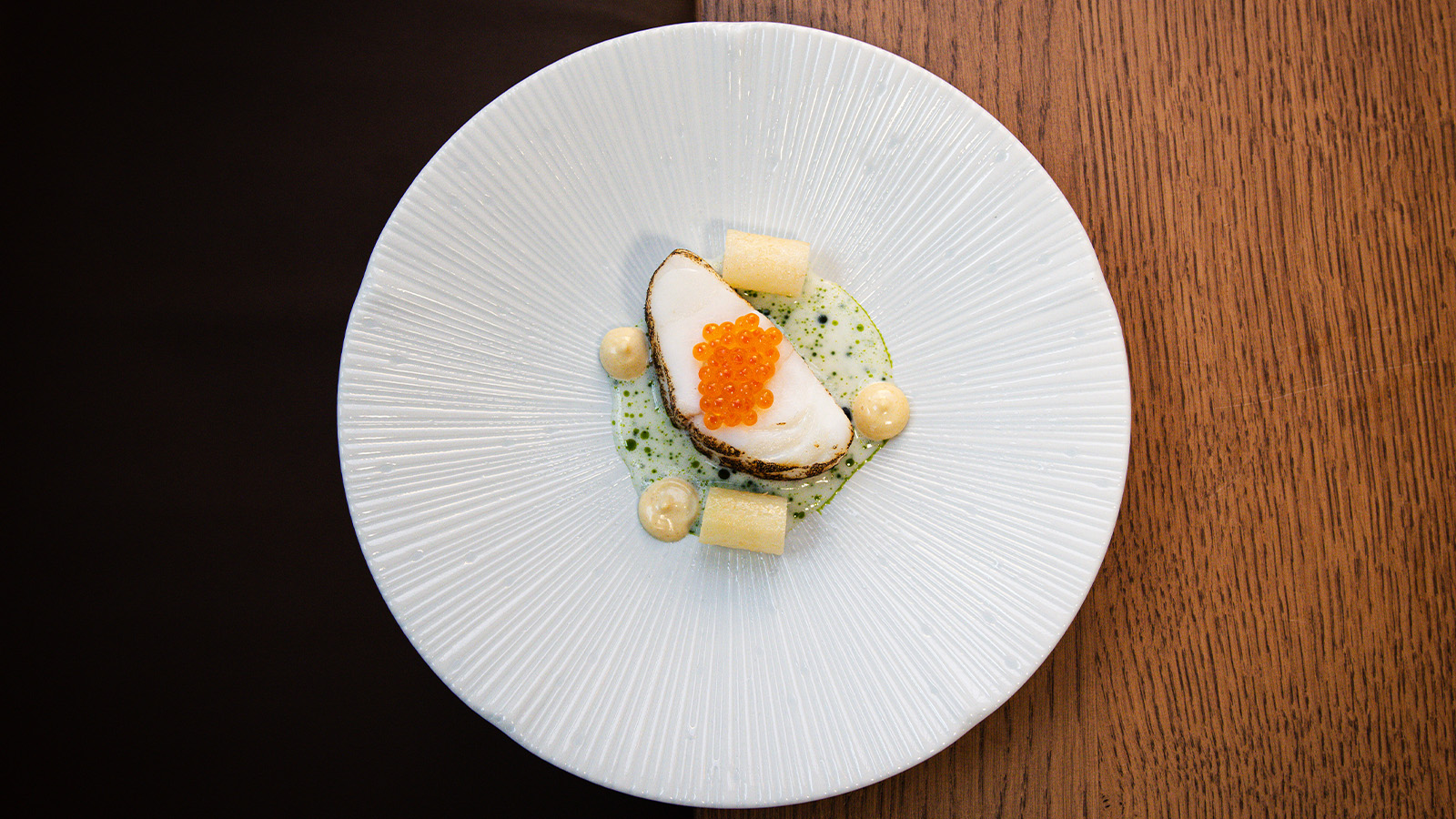 In Wales, Michelin-starred Gorse celebrates the country’s abundant larder
In Wales, Michelin-starred Gorse celebrates the country’s abundant larderGorse is the first Michelin-starred restaurant in Cardiff, putting Welsh cuisine on the map. We speak with chef and founder Tom Waters about the importance of keeping culinary traditions alive
By Tianna Williams
-
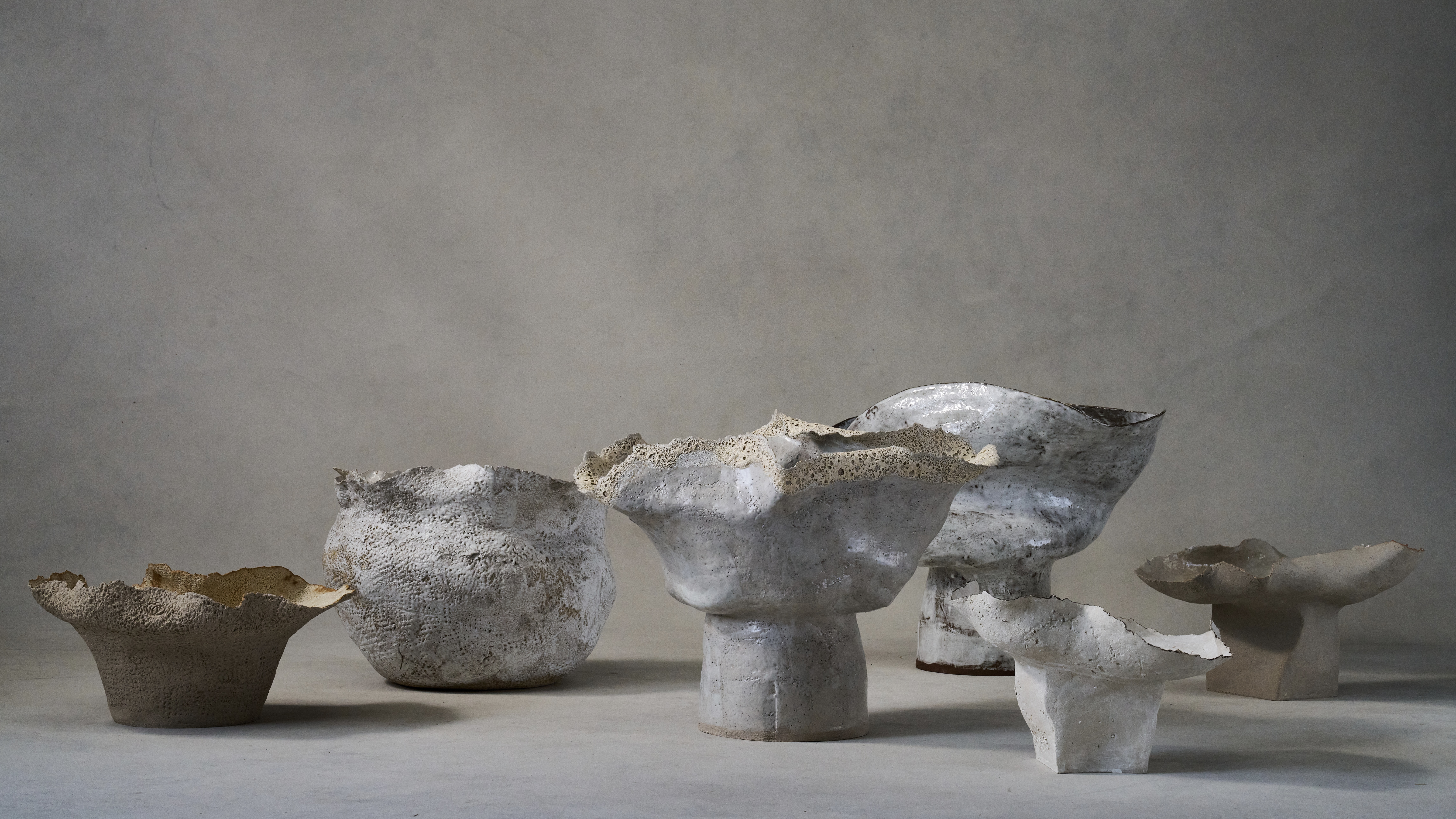 Ludmilla Balkis’ organic, earthy ceramics embody the Basque countryside
Ludmilla Balkis’ organic, earthy ceramics embody the Basque countrysideThe sculptor-ceramicist presents a series inspired by and created from found natural objects in a New York exhibition
By Anna Solomon